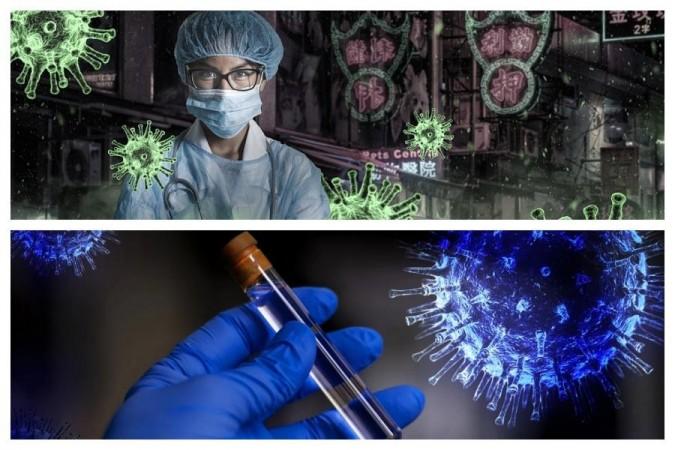
The US Food and Drug Administration (FDA) has approved the new SalivaDirect testing technique developed by the Yale School of Public Health to detect coronavirus, during emergency situations. Using this method, an infected person can be identified by a mere saliva test, and it is considered one of the most rapid detection system which is available in the globe now.
SalivaDirect: Coronavirus testing gamechanger
Medical experts believe that the SalivaDirect technique of coronavirus testing will turn out to be a gamechanger that will reduce the demand for scarce testing resources.
"Our current national expansion of COVID-19 testing is only possible because of FDA's technical expertise and reduction of regulatory barriers, coupled with the private sector's ability to innovate and their high motivation to answer complex challenges posed by this pandemic," said Admiral Brett P Giroir, Assistant Secretary for Health and COVID-19 Testing Coordinator, in a recent statement.
FDA Commissioner Stephen M Hahn revealed that the authorization given by the federal agency indicates its effort to bring the most innovative testing technique so that all people in the United States could be tested for coronavirus infection.
SalivaDirect: The easiest and effective
When it comes to SalivaDirect testing, there is no advanced equipment required to collect the swab. Here, the saliva sample can be collected in any sterile device. Another factor that makes this testing technique unique is that it does not require a nucleic acid extraction step.
Yale School of Public Health is willing to provide the SalivaDirect testing technique to interested laboratories who can use it as an open-source protocol. It means, laboratories approved by the Yake School of Public Health can follow the protocol to obtain required components to perform the coronavirus testing.
It should be also noted that SalivaDirect testing developed by the Yale School of Public Health does not rely on any proprietary equipment from Yale. Instead, a variety of commercially available testing components can be assembled and used to carry out the testing.














